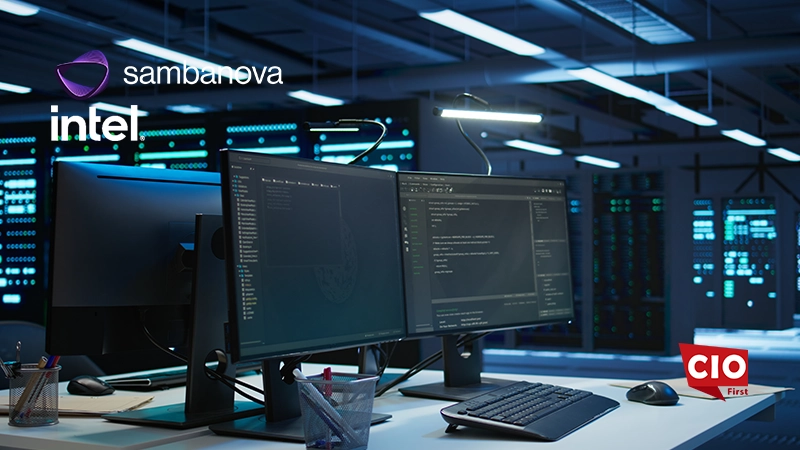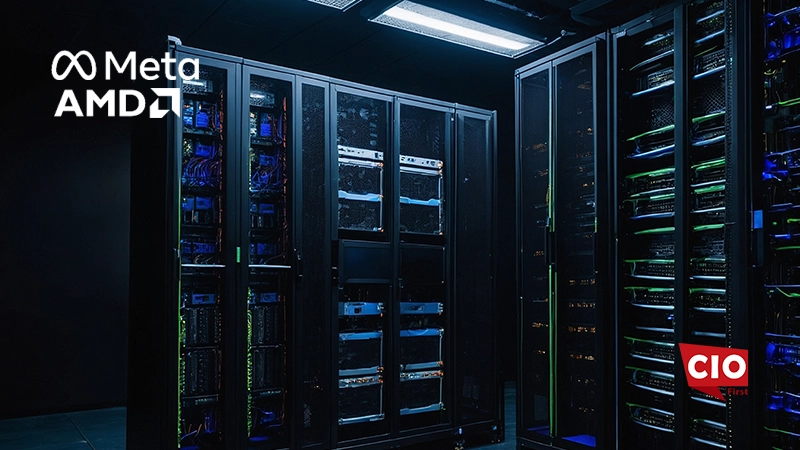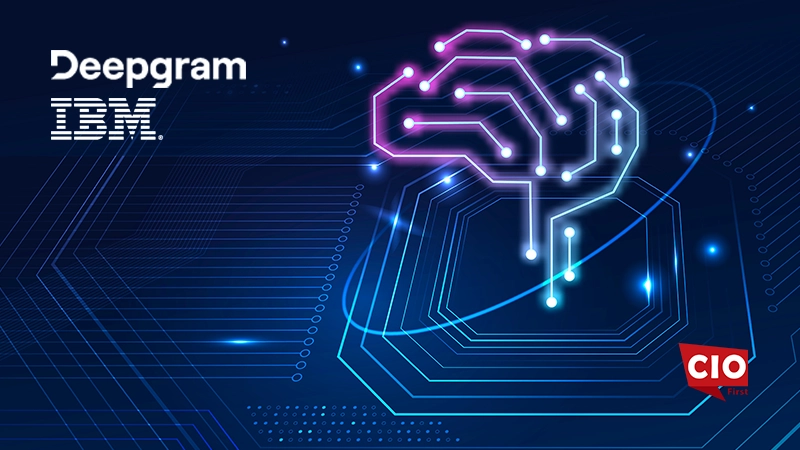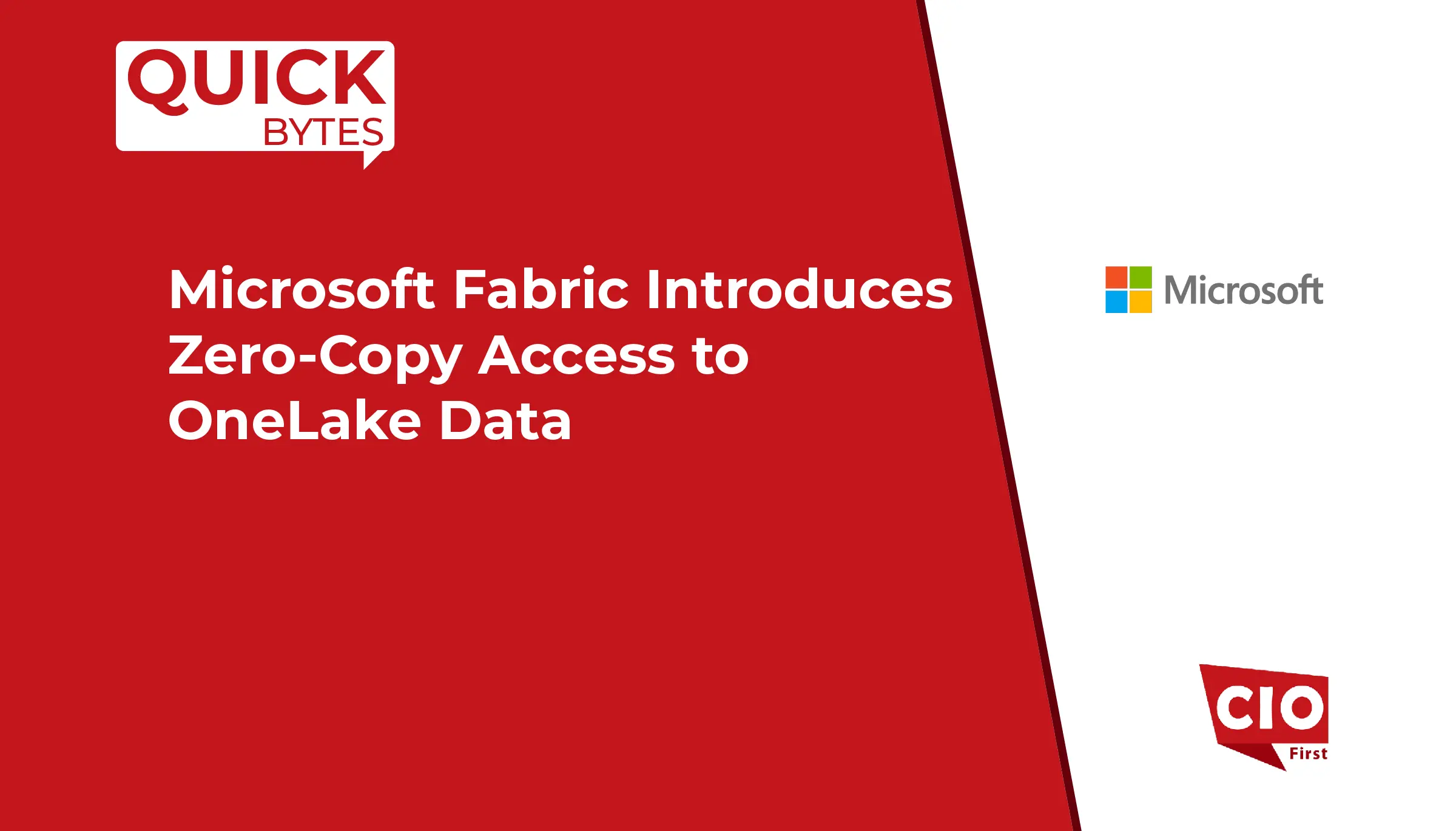The current market landscape demands businesses to have an agile enterprise IT infrastructure to gain a competitive advantage.
With the entire world embracing hybrid work cultures, they are leveraging multiple technologies into their enterprise tech stack to ensure business continuity. Poorly integrated IT architecture will have a negative influence on the work and information flow throughout the enterprise. Organizations that constantly switch between applications to accomplish tasks will result in reduced workforce productivity and efficiency.
Many enterprises are focusing on centralizing all the business applications on one enterprise tech stack to offer the workforce and customers an enhanced digital experience.
CIOs should consider developing stringent evaluation criteria to explore, evaluate and implement robust technologies into their IT infrastructure.
Also Read: Top Reasons Why CFOs Should Leverage Low-Code Development
Here are a few technologies that DevOps, CIOs, and CTOs can consider to reshape their enterprise tech stack to ensure a future-ready business:
Edge computing
Integrating this technology into the IT architecture will enable businesses to revolutionize the business network. Enterprises can leverage this distributed computing network to minimize latency and bandwidth without backhauling traffic and applications on the network edge. CIOs should consider implementing edge computing into their enterprise tech stack to improve privacy, security, and resiliency. It is a perfect way to maintain and process data locally on the device strengthening the security posture for critical applications.
Moreover, centralized resources to process data will enable organizations to minimize cloud computing expenses and reliance. Enterprise architects are leveraging edge computing infrastructure to optimize data capture and automate core workflows. Manufacturers can evolve their production and equipment data evaluation strategies. The retail industry can leverage edge computing to enrich the client experience by bridging the gap between computing and buyers. Moreover, healthcare providers can utilize this technology to reduce operational costs and improve productivity. Integrating edge computing in the healthcare tech stack will enable providers to optimize the use of a few devices and provide medical care based on data.
Also Read: Key Steps Businesses Need to Take to Effectively Eliminate Database Sprawl
Hybrid cloud architecture and micro services
Organizations can embrace hybrid cloud into their enterprise tech stack to reap the benefits of both worlds. Integrating hybrid cloud architectures will assist businesses in utilizing the legacy infrastructure to the fullest with company-preferred public or private cloud services. Micro services today offer hybrid cloud environments that offer the capabilities of the traditional tools without dealing with the intricacies of those systems.
CIOs and CTOs should consider leveraging the micro service frameworks to code more efficiently, debug and deploy quickly than traditional systems. DevOps teams that manage micro services effectively help them to get better visibility in the source code without reducing the development pace. Because micro services streamline the code review, application development, and deployment processes, enterprises that aim to scale exponentially should leverage micro services to eliminate traditional database bottlenecks.
Agile and secure enterprise architecture with DevSecOps
Industry veterans are integrating security into every aspect of DevOps to ingrain security into the workflows to minimize friction, embrace an innovation-first approach, and secure data privacy. Implementing DevSecOps will help businesses to ingrain security throughout the application development lifecycle and strengthen the current security posture. DevSecOps teams with agile and secure frameworks will enable them to enhance development capabilities, security, and operational efficiency to rapidly move applications through development and deployment.
IT decision-makers should consider developing a security-first work culture since the application development reshapes the enterprise tech stack to develop resilience. Enterprises need to enforce stringent data-based policies and policy-based automation to integrate security into the software delivery cycles. DevSecOps is one of the most effective ways to reshape the enterprise tech stack to build a future-ready business.





























